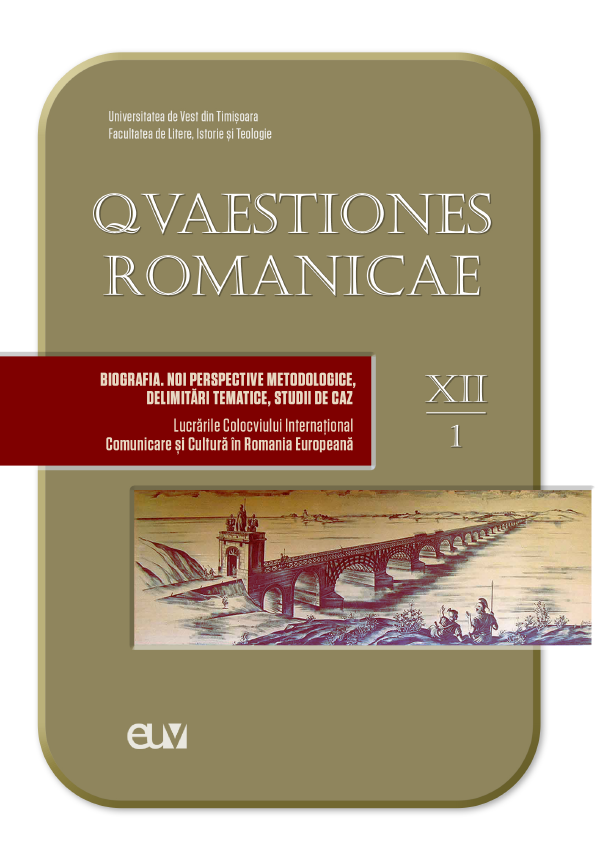De la biografía a la ficción autobiográfica. Cervantes en Argel
Abstract: (From biography to autobiographical fiction. Cervantes in Algiers) The life of Miguel de Cervantes has made rivers of ink flow. More than four centuries after his death, information about him continues to appear that seeks to fill gaps and shed light on shadows, such as those that loom over his experience in captivity in Algiers (1575-1580) or those hidden in his work immortal Don Quixote. The light of the night is the last artistic experience that peers into the abyss of his existence. This dramatic monologue of autobiographical fiction, written in verse, as in the Cervantes era, and recently published in the work Cervantes in Algiers (Antonio Bueno, Comares, 2024) in multilingual format (translated into eight languages) and multimedia (written and audiovisual), complements another monologue inserted in the same work, Captive in Algiers, which is intended this time to be autobiographical. It will be shown that the border between biography - made by a third party and submitted to one's own personal voice - and fiction (autobiographical) - a story by a third person put into the mouth of the protagonist of the story - is really subtle, and that both contain a truth, objective and subjective, of the subject that seeks to be complementary. As in Cervantes' own work, the miracle will occur through art and literature.
Keywords: Cervantes in Algiers, monologue, biography, autobiography, autobiographical fiction.
Resumen: La vida de Miguel de Cervantes ha hecho correr ríos de tinta. Tras más de cuatro siglos de su fallecimiento siguen apareciendo datos sobre él que pretenden llenar lagunas y dar luz a las sombras, como las que se ciernen sobre su experiencia en el cautiverio de Argel (1575-1580) o las que esconde su obra inmortal El Quijote. La luz de la noche es la última experiencia artística que se asoma al abismo de su existencia. Este monólogo dramático de ficción autobiográfica, escrito en verso, como en la época cervantina, y publicado recientemente en la obra Cervantes en Argel (Antonio Bueno, Comares, 2024) en formato multilingüe (traducido a ocho lenguas) y multimedia (escrito y audiovisual), complementa a otro monólogo inserto en la misma obra, Cautivo en Argel, que se pretende esta vez autobiográfico.Se demostrará que la frontera entre la biografía -realizada por un tercero y sometida a la propia voz personal- y la ficción (autobiográfica) -relato de un tercero puesto en boca del protagonista de la historia- es realmente sutil, y que las dos encierran una verdad, objetiva y subjetiva, del sujeto, que busca ser complementaria. Como en la propia obra cervantina, el milagro se obrará a través del arte y de la literatura.
Palabras clave: Cervantes en Argel, monólogo, biografía, autobiografía, ficción autobiográfica.
